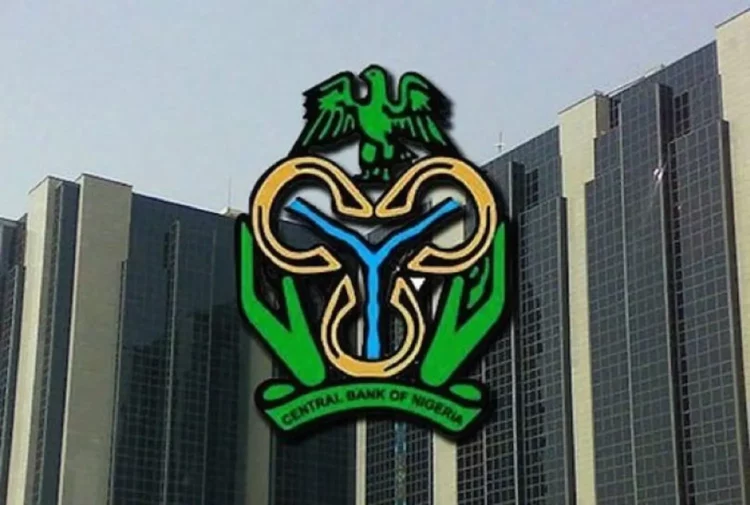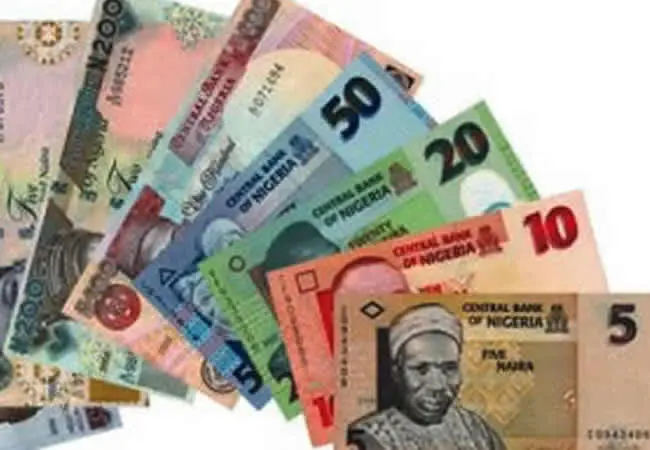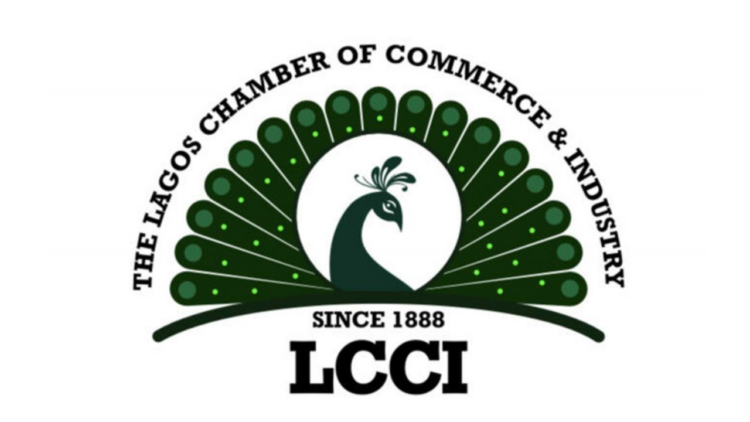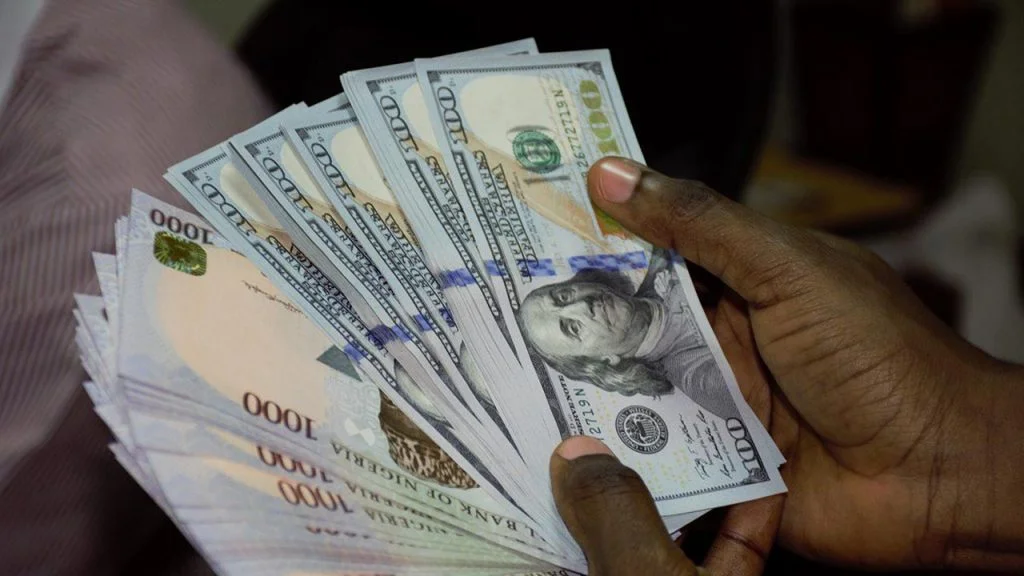Business
New CBN Capital: 25 Banks Need N3.89trn Fresh Funds To Meet Requirements

Based on the recent capital requirements issued by the Central Bank of Nigeria (CBN) for commercial, non-interest, and merchant banks on Thursday night, 25 banks operating in Nigeria will need to raise a minimum of N3.894 trillion in fresh capital to comply with the new minimum capital base. However, the apex bank has been advised to be vigilant against the influx of illicit funds that may be directed towards the capitalization efforts of the banks.
The CBN had previously announced at the Bankers Dinner in Lagos last year that it would initiate a recapitalization effort for the banking industry to support the country’s goal of achieving a $1 trillion economy under the leadership of President Bola Ahmed Tinubu. The recent directive, led by Dr. Olayemi Cardoso at the CBN, significantly increases the required capital base for commercial, non-interest, and merchant banks in the country.
Under the new requirements, commercial banks with international licenses are mandated to have a capital base of N500 billion, while their national and regional counterparts are required to have capital bases of N200 billion and N50 billion, respectively. Similarly, the capital base for national non-interest banks has been raised to N20 billion, regional non-interest banks to N10 billion, and merchant banks to N50 billion.
Although the status of some banks with holding company structures remains unclear, nearly all banks, except for two regional non-interest banks, currently meet the new capital base requirement. Taj Bank and Lotus Bank both have more than the required N10 billion to continue operations. However, the total paid-up capital and share premium of the 25 surveyed banks amount to N2.049 trillion, indicating a shortfall of N3.894 trillion to meet the new capital base.
Regarding the capital base, Ayokunle Olubunmi, Head of Financial Institutions at Agusto & Co, emphasized the need for caution to ensure that the industry is not infiltrated by illicit funds. He stressed the importance of robust oversight and regulatory functions by the CBN to prevent the laundering of funds from terrorism, corruption, and other illegal activities through bank recapitalization.
Olubunmi also highlighted the importance of strategic partnerships and mergers among banks to meet the new capital requirements. He urged banks to carefully consider potential mergers to ensure alignment of vision and prevent detrimental impacts on their brands.
Ronke Akinyemi, Group Head of Global Markets at Parthian Partners, expressed optimism about the impact of the recapitalization requirements on the financial system’s resilience. She anticipated increased foreign direct investments, which could stabilize the naira, and expected rounds of capital raises and mergers among banks to meet the new requirements.
David Adnori, Vice President of Highcap Securities Limited, emphasized the need to evaluate banks’ paid-up capital and share premium to assess their capacity to meet the new requirements. He noted that banks with international operations face significant challenges due to the depreciation of the naira and emphasized the importance of balancing capital allocation between the banking sector and the productive sector.
The Nigerian Exchange Limited’s Rasheed Yusuf expressed confidence in the local bourse’s ability to support major capital raises, even without foreign investors. Rotimi Fakayejo, an economy and capital market analyst, predicted market support for the recapitalization efforts, especially with the gradual return of Foreign Portfolio Investors.
In summary, the new capital requirements set by the CBN signal a significant change for Nigerian banks, necessitating substantial capital raises and strategic partnerships to comply with the directive and strengthen the financial system’s resilience.
Business
Inflation bites harder, renders N20, N10, N5 ‘irrelevant’

In major markets, prices of goods are shifting away from the lower denominations of the Naira currency due to worsening inflation.
Not too long ago, items like a sachet of pure water were priced at N5, while N20 was commonly used to “settle” police officers at checkpoints. However, in recent years, these smaller denominations have struggled to purchase much.
A recent market survey by DAILY POST revealed that more than half of Nigeria’s legal tender is insufficient for making purchases.
Despite this, the Central Bank of Nigeria (CBN) recognizes denominations such as 50 kobo, N1, and N2 in coin form, as well as N5, N10, N20, and N50 printed on polymer materials.
Currently, a sachet of pure water is priced at N30, and retail prices for items like sugar and candies have increased, with goods often being priced in multiples of 50 or 100, rendering smaller denominations irrelevant.
Over the past six months, the Naira has significantly depreciated against the dollar, with the intervention by the CBN bringing it to around N1050 to a dollar from a previous high of about N1,900.
This means that Nigeria’s highest denomination of N1000 is now worth less than a single dollar. Holding $1000 makes one a millionaire in Naira based on the current exchange rate, while even $1 exceeds N1,000.
Despite the recent appreciation of the Naira, commodity prices remain high, attributed to various factors including foreign exchange (FX) issues.
However, the Nigerian government continues to print lower denomination currencies at a substantial cost. It reportedly costs N1000 to print each lower denomination due to limitations in printing on polymer.
Experts are urging the CBN to cease printing lower denominations and reconsider the currency structure in line with present circumstances. Some suggest adopting a re-denomination policy similar to Ghana’s, which removed zeros from their currency in 2007.
Former plans by the CBN to introduce N5000 notes and coin lower denominations like N5, N10, and N20 were met with public backlash in 2012, leading to the abandonment of the proposals. However, prices of goods and services have since risen beyond 2012 levels.
Business
Interest Rate, High Energy Costs Putting Businesses Under Pressure, LCCI Laments

The Lagos Chamber of Commerce & Industry (LCCI) has expressed concern about the elevated cost of conducting business in Nigeria, citing factors such as the recent hike in the Monetary Policy Rate (MPR) and the increase in electricity tariffs.
Dr. Chinyere Almona, the director-general of LCCI, conveyed these concerns in a statement addressed to LEADERSHIP. Almona highlighted the Chamber’s dismay over the Central Bank of Nigeria’s (CBN) decision to raise the MPR from 22.75 percent to 24.75 percent, stating that “similarly, we view the recent escalation in electricity tariffs as adding to the already unbearable cost of living and doing business in Nigeria.”
She underscored that these decisions are compounded by challenges in importing and clearing goods at Nigerian ports, with fluctuating import duty exchange rates making business planning arduous. Almona emphasized that feedback from businesses and analysts suggests that these actions will significantly burden the private sector, worsening an already challenging economic landscape.
Almona noted that the private sector, crucial for driving growth and employment in Nigeria, is grappling with heightened borrowing costs, reduced investment incentives, policy uncertainties, and pressure in the foreign exchange market. She observed that the recent MPR hikes have translated into higher interest rates, hindering businesses’ access to credit for essential functions like working capital, expansion, and sustainability.
While acknowledging the rationale behind removing the subsidy on electricity supply to attract foreign investors with a cost-reflective tariff, Almona advocated for subsidizing production rather than consumption. She urged for an extensive metering program to cover all electricity consumers and emphasized the necessity of a robust regulatory and policy framework to attract more foreign investments into the power sector.
Almona pointed out that small and medium-sized enterprises (SMEs) are disproportionately affected by the MPR hike policy, given their thin profit margins and reliance on affordable credit. The surge in borrowing costs stifles their ability to invest in productivity enhancements, hire new employees, and contribute to economic growth.
The Chamber urged the CBN to reconsider its monetary policy stance and refrain from further interest rate hikes. Almona also suggested that the CBN explore alternative policy measures to facilitate credit access, encourage investment, and support entrepreneurship. Additionally, she recommended creating an enabling environment for local meter manufacturing to address the gap in meter deployment.
Business
Naira appreciates N351 against Dollar at forex in one month

According to data from FMDQ on the dollar exchange rate spanning from March 8 to April 5, 2024, the Naira has experienced a positive shift, appreciating by N351.12 against the US Dollar within the past month. This indicates an increase from N1,602.17 on March 8 to N1,251.05 per Dollar on Friday. This appreciation amounts to a 21.9 percent increase during the mentioned timeframe, signaling a continued strengthening of the Naira since the previous month.
Muda Yusuf, the Director of the Centre for the Promotion of Private Enterprise, attributed this sustained appreciation of the Naira in the foreign exchange market to recent forex reforms implemented by the Central Bank of Nigeria.
-

 World News7 months ago
World News7 months agoWhat we know about Israel’s war with Hamas
-

 Sports7 months ago
Sports7 months agoLaLiga: Everyone want to play with him – Vinicius on player Real Madrid should sign
-

 World News7 months ago
World News7 months agoIran calls on Islamic, Arab countries to confront Israel
-

 Tech7 months ago
Tech7 months agoTop 10 AI Skills to Learn in 2023
-

 Entertainment7 months ago
Entertainment7 months agoBET Hip-Hop Awards: Black Sherif wins big as Burna Boy loses seven nominations
-

 Entertainment6 months ago
Entertainment6 months ago‘Black Panther’ star Lupita Nyong’o breaks up with boyfriend, Selema Masekela
-

 ICT8 months ago
ICT8 months agoApple Bows To EU, Unveils iPhone With USB-C Charger
-

 World News7 months ago
World News7 months agoZelensky seeks defences for winter on visit to NATO














